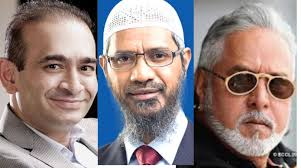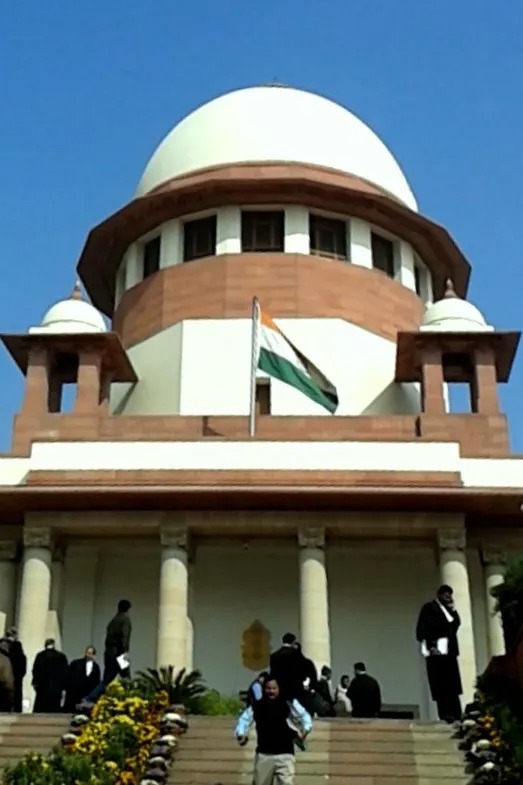Anjani Kumar, J.@mdashThe petitioner-workman aggrieved by the award of the Labour Court, Allahabad dated 15th October, 1984, passed in Adjudication Case No. 82 of 1983, approached this Court under Article 226 of the Constitution of India, copy where of is annexed as Annexure-''26'' to the writ petition.
2. The Following dispute was referred to the Labour Court by the State Government on 14th September, 1983 in exercise of its powers u/s 4-K of the U.P. Industrial Disputes Act, 1947, for adjudication.
3. The Labour Court issued notices to both the parties, namely, the employers as well as the workman concerned. The parties have exchanged their pleadings and adduced their evidence. In short, the case set up by the workman is that he was employed by the employers on 16th September, 1980 on the post of Clerk and had continuously worked till 21st October, 1982 and his services were given only artificial breaks, as stated in Annexure-''I'' to the written statement. Learned Counsel appearing on behalf of the respondent-employers Sri P.K. Mukherjee argued that the finding of the Labour Court that the workman has not worked for 240 days continuously in one calendar year, therefore, he cannot be termed as Workman is a finding of fact and therefore, the reference has rightly been answered against the workman. On the contrary, Sri Shyam Narayan, learned Counsel appearing on behalf of the workman has relied upon the following decisions reported in 1997 (75) FLR 47, British India Corporation Ltd. Cawnpore Woollen Mills Branch, Kanpur v. The Labour Court-II, U.P., Kanpur and Ors. 1989 Lab I.C. 1914; Bharat Heavy Electricals Ltd., Baroda v. R.V. Krishnarao, which say that the amendment brought in Industrial Disputes Act, 1947 (Central) in 1984 is prospective and not retrospective. Further learned Counsel for the petitioner-workman has relied upon the decisions reported in 1994 (69) FLR 288 ,
4. In view of the aforesaid facts and circumstances, referred to above, and particularly the law laid down that the amendment brought in the Industrial Disputes Act, 1947 (Central) in the year 1984 is prospective, I hold that the view taken by the Labour Court that the workman has not completed 240 days continuous service in one calendar year suffers from the manifest error of law and therefore, liable to be set-aside. In this view of the matter and in view of law referred to above, this award deserves to be quashed.
5. Lastly, it is contended by Sri P.K. Mukherjee, learned Counsel for the respondents that the workman was gainfully employed, inasmuch as he got himself enrolled as Advocate and is a practising Advocate, therefore, he is not entitled for back wages. The workman concerned has made a statement in reply to the aforesaid contention that he is willing to surrender his Certificate (Licence to Practice), as held in the case reported in
6. In view of what has been stated above, this writ petition deserves to be allowed and is hereby allowed. The award of the Labour Court dated 15th October. 1984. Annexure-26 to the writ petition, is quashed. It is held that the termination of the services of the workman being contrary to the provisions of Section 6-N of the U.P. Industrial Disputes Act. 1947, he is entitled for reinstatement with continuity of service, but instead of full back wages, the workman concerned will be entitled only half wages from the date of termination of his services till the date of award.
7. The writ petition is allowed. The award is quashed with modification as stated above.

